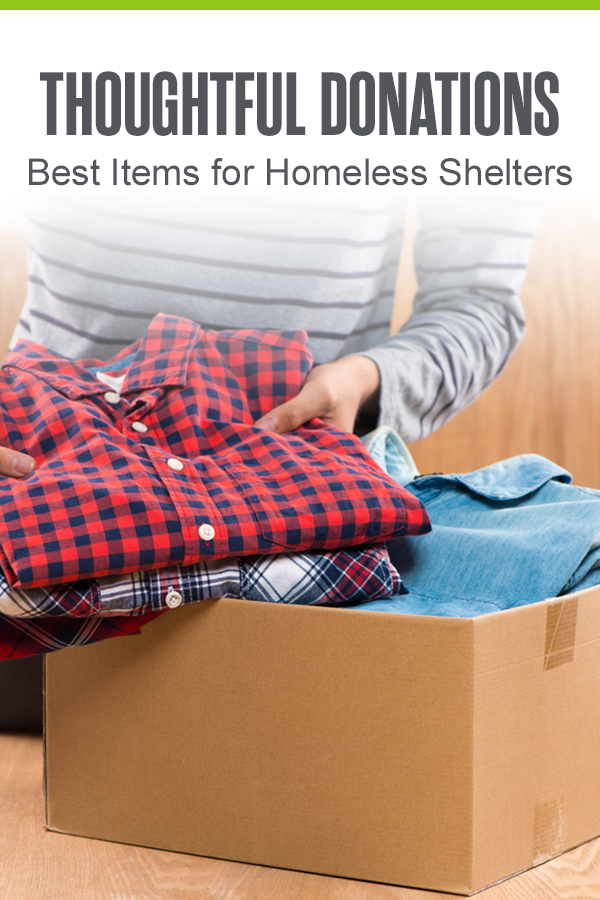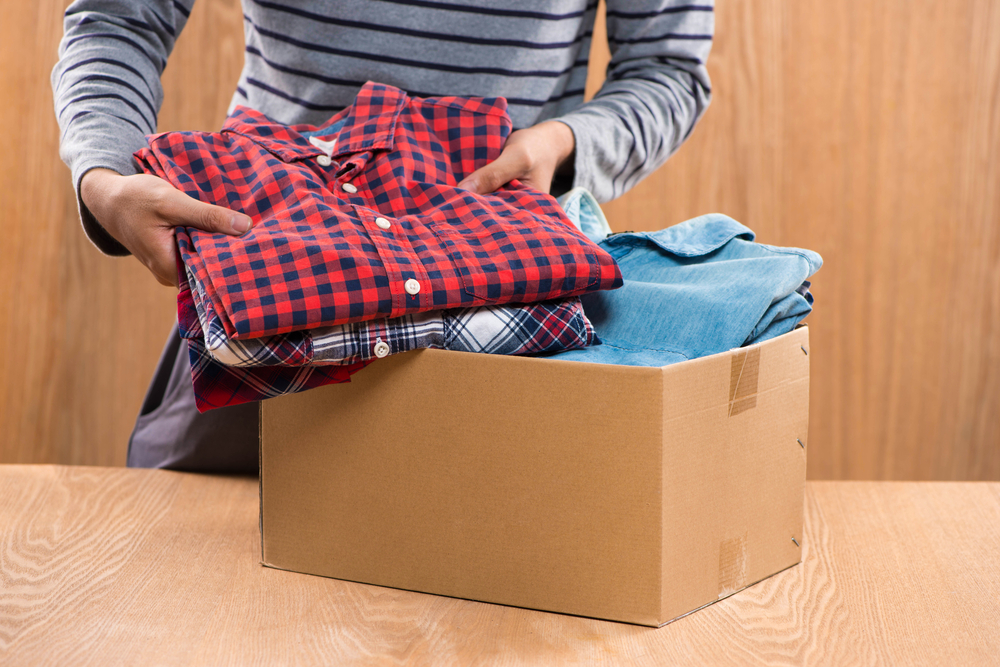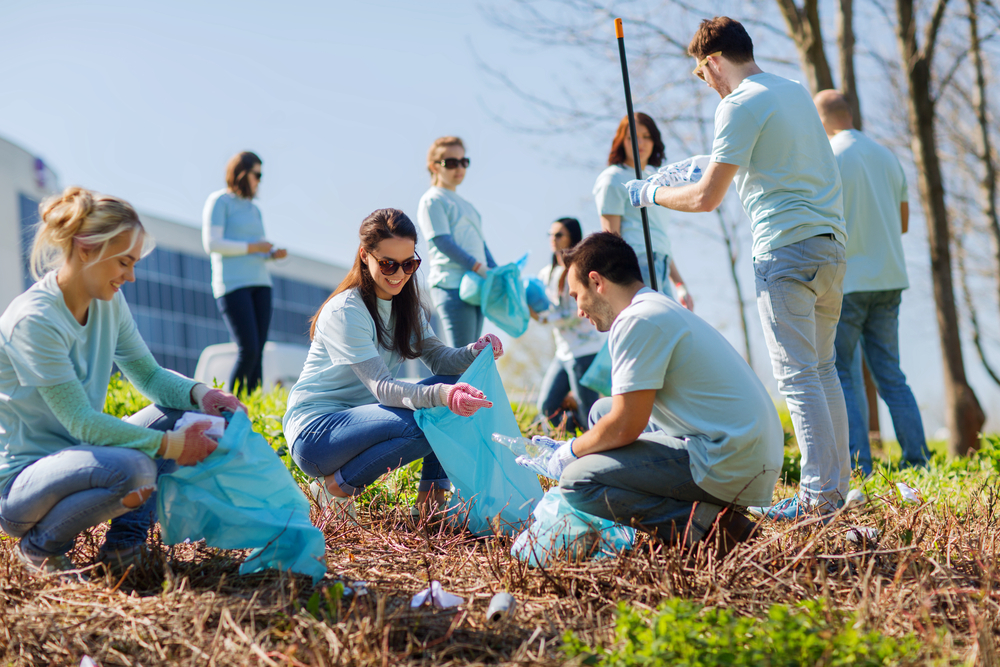Looking for simple ways you can give back to your community? Homeless shelters can always use extra help, especially during the holidays and the winter months when they’re their busiest. If you want to spread some kindness to those experiencing homelessness, consider donating items that shelters need or even volunteering your time.
Donate Personal Care Items
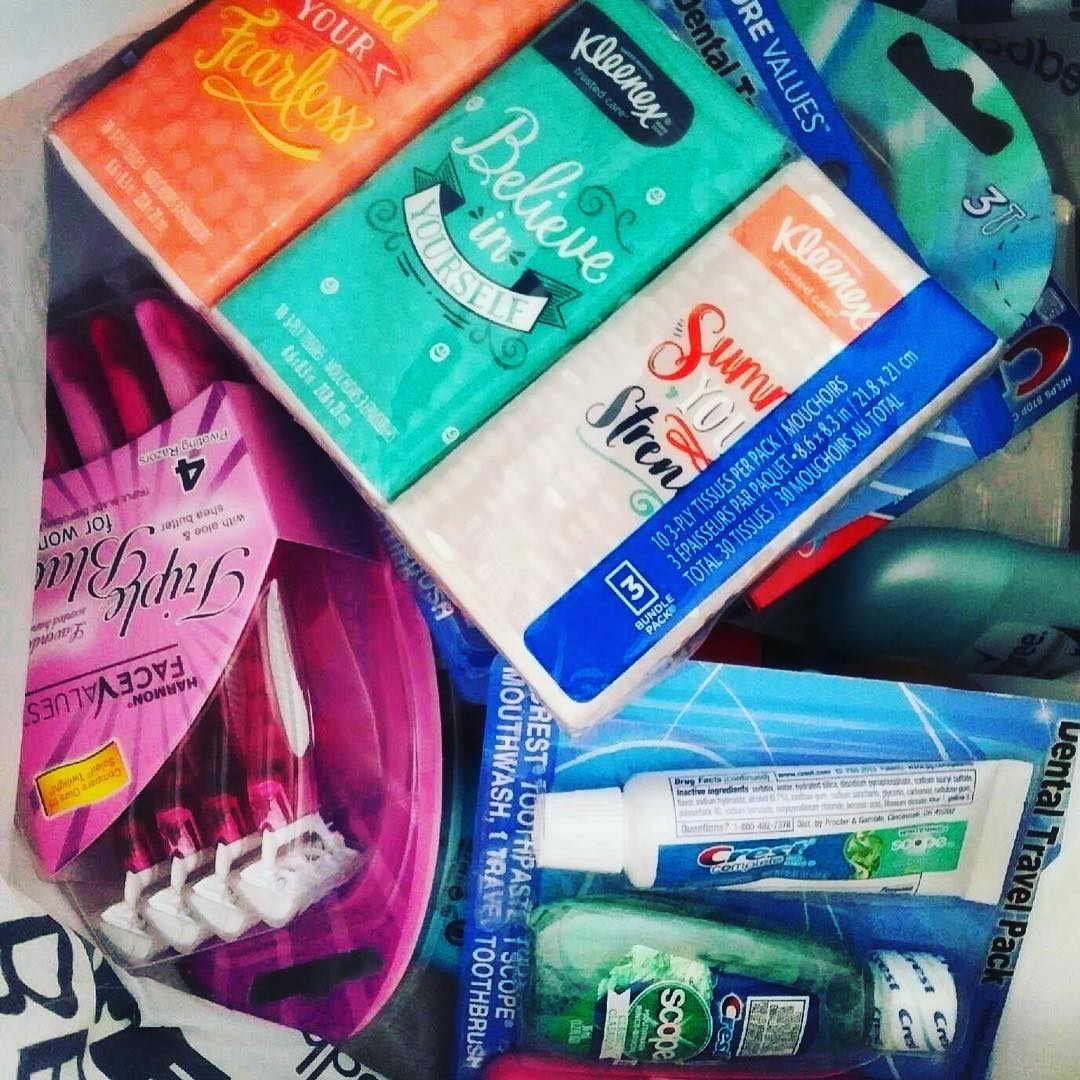
Photo via @gwphinclusion
Whether it’s cold outside or not, some of the most important items you can donate to homeless shelters are personal care items. Of course, the need for certain personal care items will depend on whom the shelter helps—whether that’s men, women, children, or families. Nevertheless, most of the following items are universally needed.
Toiletries
- Toothpaste and toothbrushes
- Dental floss
- Bar soap and body wash
- Shampoo and conditioner
- Deodorant
- Water-based lotions
Bath
- Towels
- Washcloths
- Facial tissues
- Toilet paper
- Hand soap
Feminine Hygiene
- Tampons
- Pads
Grooming
- Combs
- Brushes
- Razors and shaving cream
- Nail care kits
Baby Items
- Diapers
- Baby wipes
- Baby lotion
- Baby food
- Formula
Donate Food & Cookware
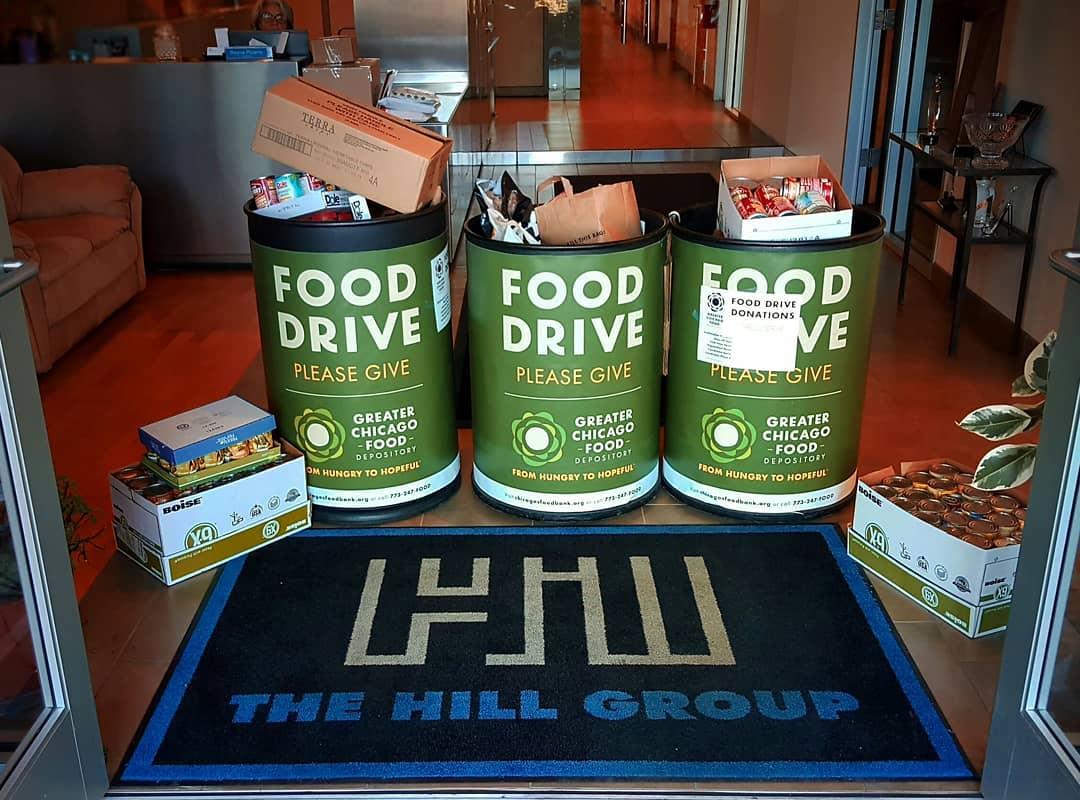
Photo via @the_hill_group
Local shelters and food banks always need non-perishable foods and cookware. When donating food, check with your local charity to see what items they do and do not accept. Typically, most prepackaged foods will be accepted, but it’s good to make sure.
In terms of cookware, contact the shelters in your area and ask what items they need. Pots and pans, kitchen utensils, and serving dishes can make life a lot easier for shelters, particularly around the holidays when more people may be looking for a place to stay and get a hot meal.
Donate Clothing
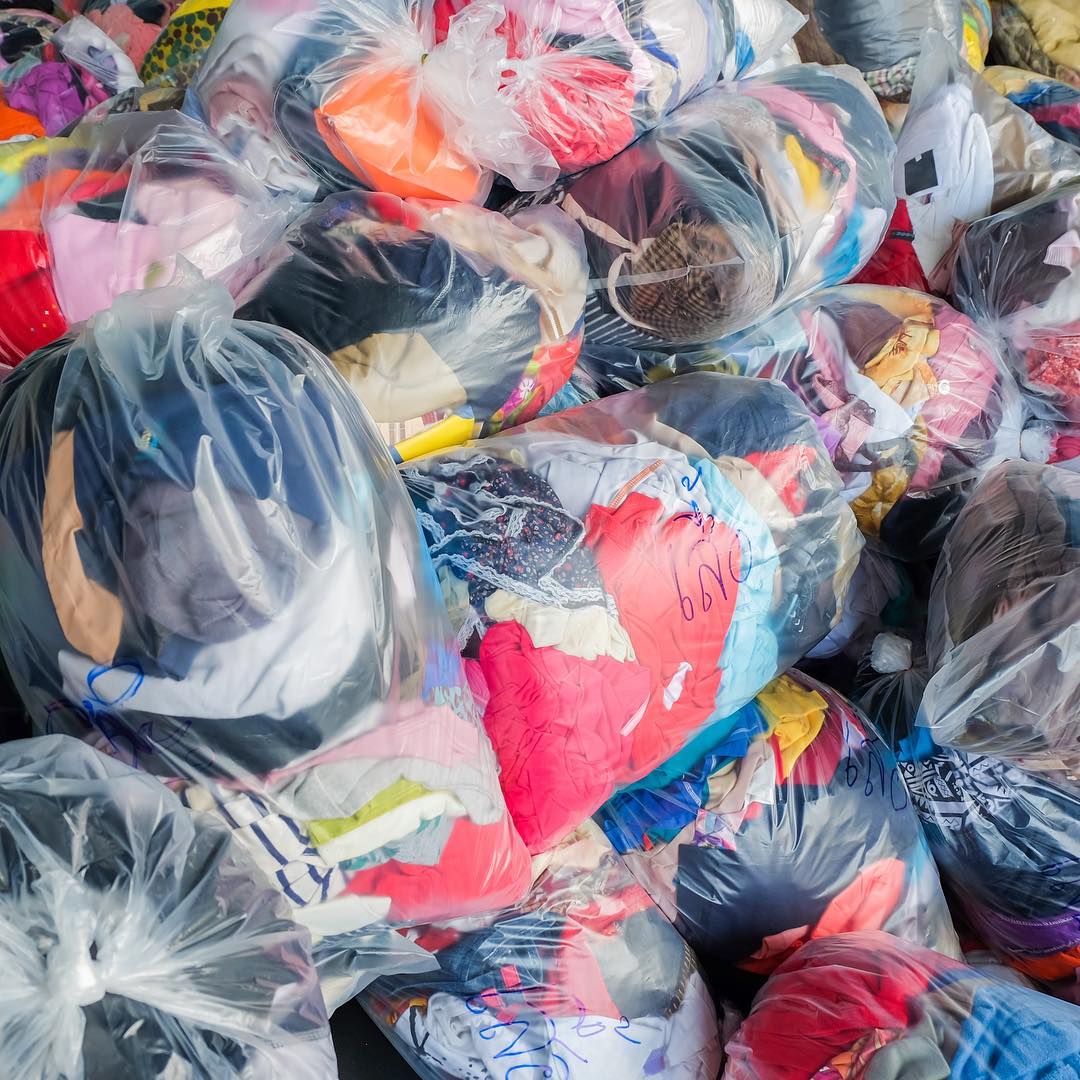
Photo via @shechangeseverything
Homeless shelters across the country can also benefit from having specific items of clothing available for those in need. While you may feel ready to part ways with large bags of clothes, check with your local shelter to know what kind of clothing they accept. At most shelters, you can typically donate items like:
- Winter coats
- Jackets
- Socks
- Underwear
- Bras
- Baby clothes
Some shelters don’t have the space to accommodate keeping large amounts of clothing on hand, so consider giving to other clothing donation programs instead. In addition, keep in mind that most shelters ask for new socks, underwear, and bras—not used items.
Donate Bedding

Photo via @pleaseorganiseme
Providing warm beds for those in need is an important part of the work homeless shelters do. To help your local shelter provide adequate housing, consider donating bedding items, such as:
- Sheets
- Blankets
- Pillows and pillowcases
- Mattress liners
- Pillow liners
Be sure that the items you’re donating are new, as most homeless shelters do not accept used bedding. Also, keep an eye out throughout the year for mattress drives. Homeless shelters may typically have mattresses available, but as needs change and mattresses reach the end of their comfortable lives, new items will be needed.
Donate Toys

Photo via @toynated
During the holidays, many charities hold toy drives for those in need. But local shelters—especially those that cater to women and children—appreciate toy donations throughout the year. These helpful donations provide some comfort for children experiencing homelessness. Make sure you donate new or gently-used toys; shelters won’t accept poor-quality toys that are old and/or broken.
Donate Your Time
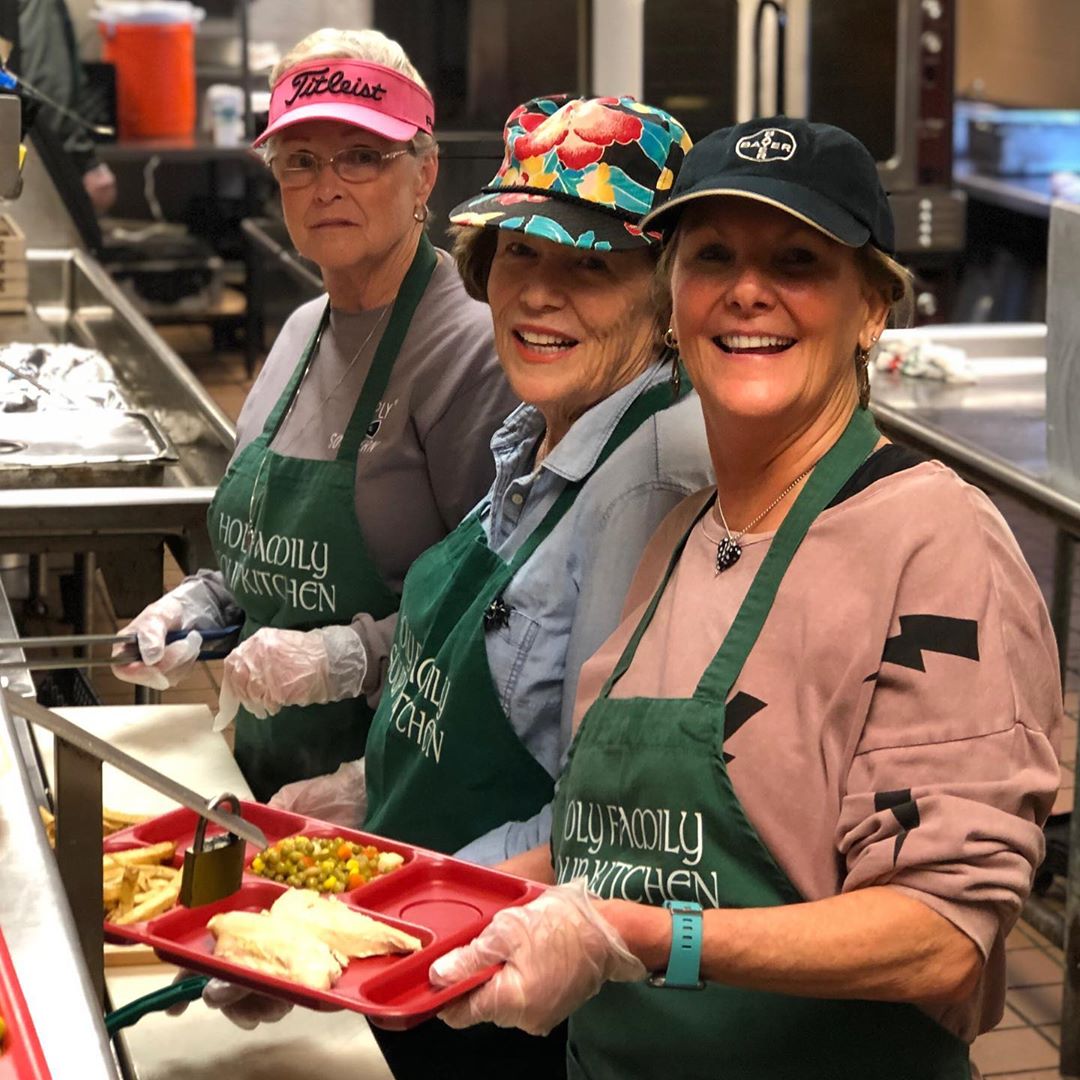
Photo via @valleyrescuemission
If donating items isn’t possible, but you still want to help, then consider volunteering some of your time. Shelters are always in need of a few extra helping hands—and a few extra hours can go a long way in helping your local shelter run smoothly so that they can provide good assistance to those in need.
Want more ideas for ways you can give back? Check out these random acts of kindness you can work into your everyday life!
